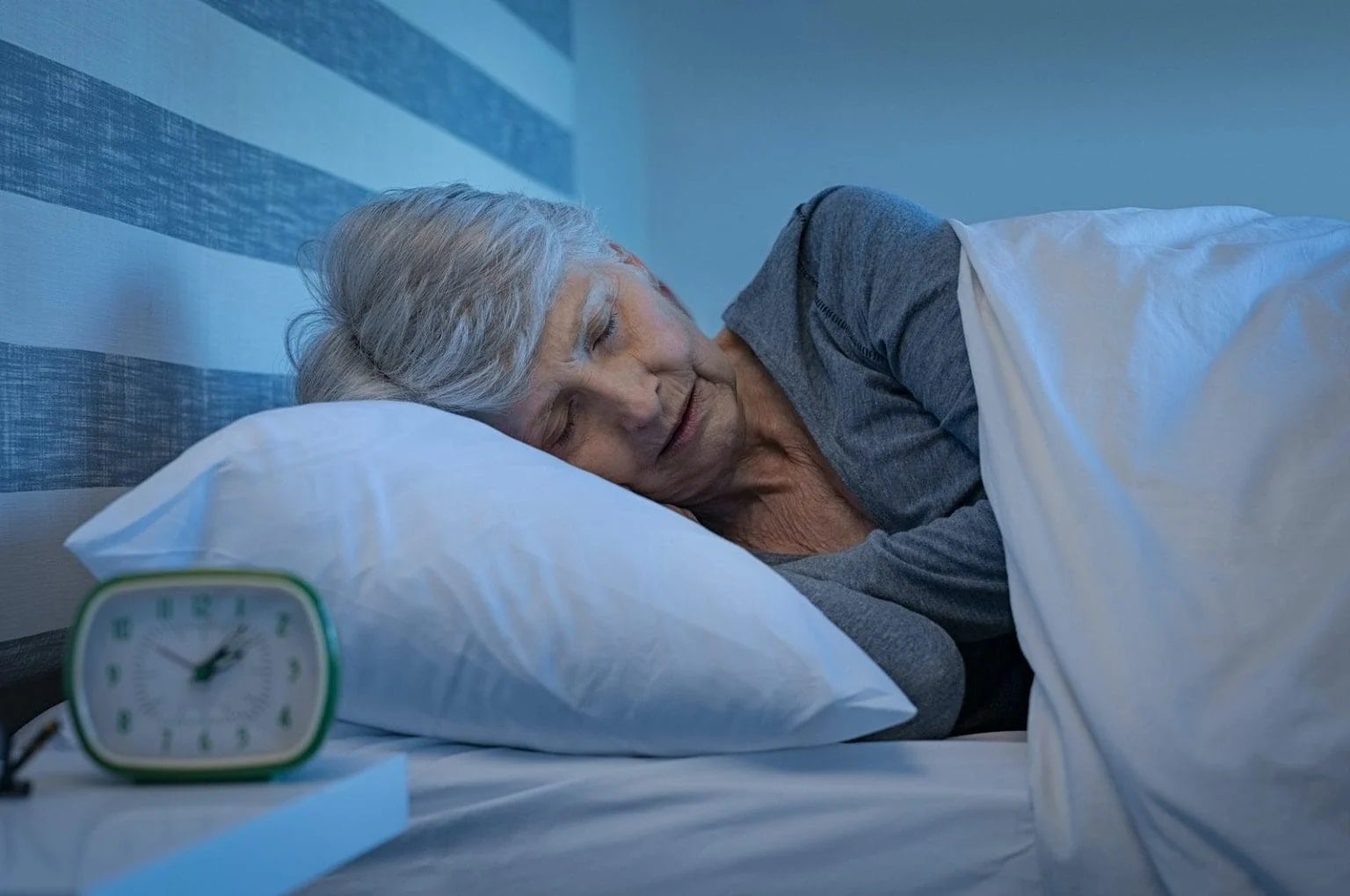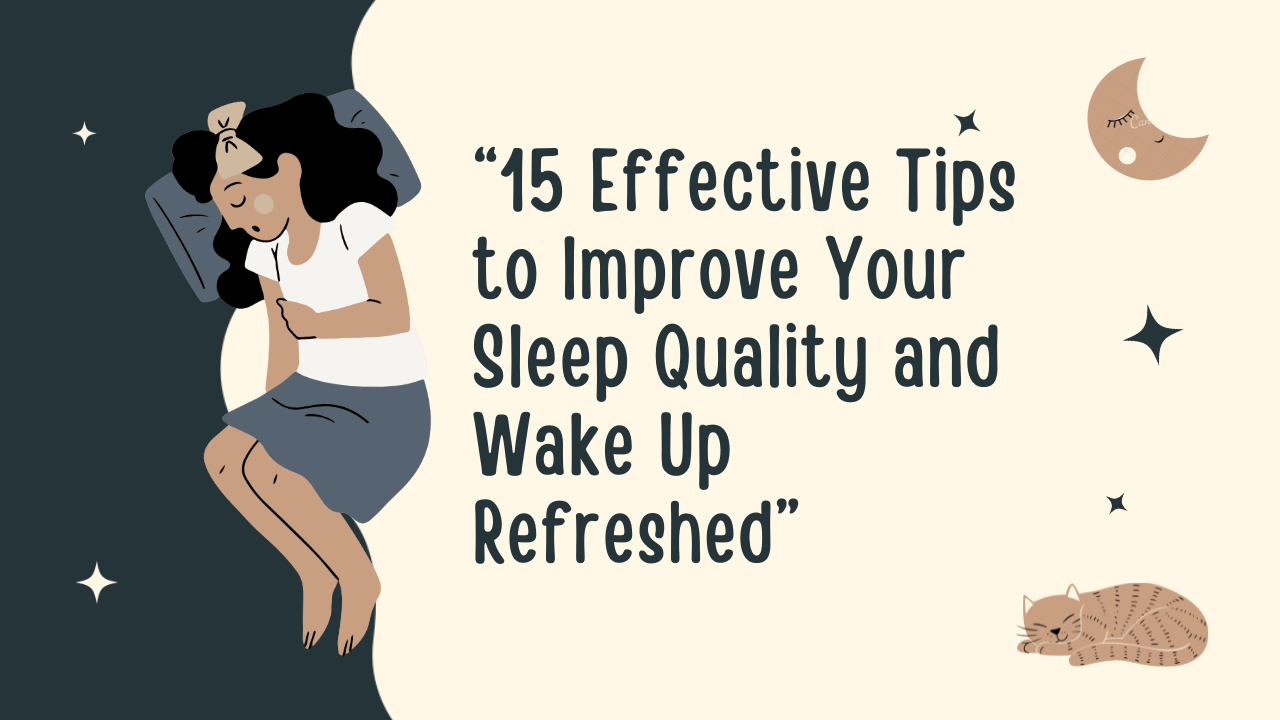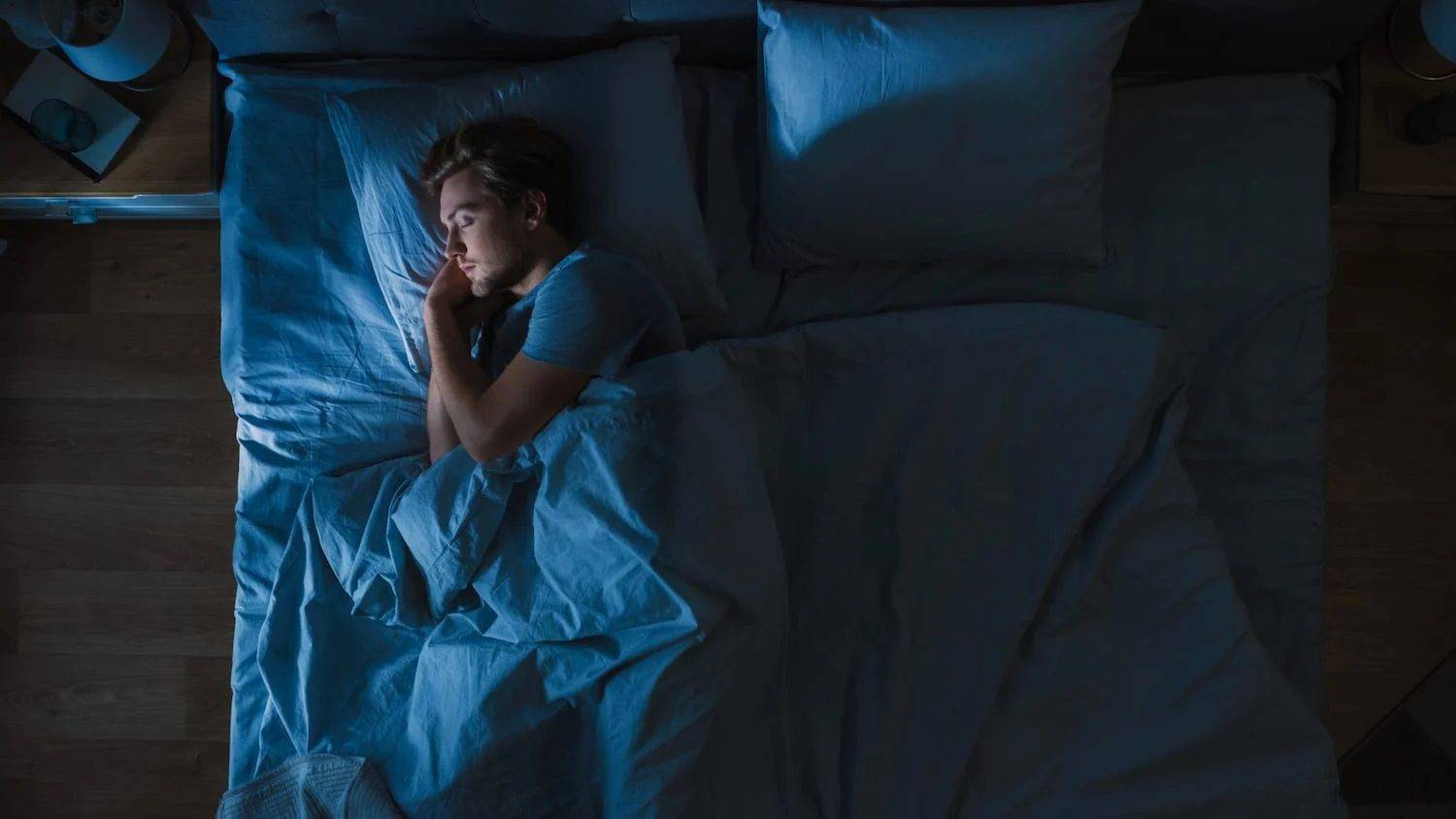Rest is a good thing in old age, but too much rest can also cause problems. This has been claimed in a recent study by Stanford University. According to this, getting 8 to 9 hours of sleep every night keeps the elderly healthy. Problems like memory loss, differences in reaction time were seen in the elderly who slept for a long time. On the other hand, getting less than 6 hours of sleep every day can lead to a problem of dementia. Sleeping for a long time in the elderly can be a symptom of problems like depression. Abnormal sleepers tend to look fatter and older than their peers.
Know how Morning Walk is Beneficial for both physical and mental health?
The study, published in JAMA Neurology of the American Medical Association, attributed this altered sleep pattern to the production of amyloid proteins. This protein found in the brain is made during the day and dries up while sleeping. The highest amount of this protein was found in the brain of those who got less sleep. According to Joe Viner, who led the study, memory loss was seen in those who got less sleep, while they also showed signs of the onset of Alzheimer’s disease.
7 T0 9 Houres of sleep is best for older age
Dr Laura Phillips, Head of Communications, Alzheimer’s Research UK, says the study results suggest that adults should get 7 to 9 hours of sleep, especially for the elderly. Anyone who feels that this sleep pattern is disturbed should immediately consult a doctor. Because these problems can affect health in the long run.
Know what things happened in Afghanistan after the return of the American army
Amyloid protein is naturally formed. Which helps in working the brain throughout the day. If its level is getting high, it can form clusters in the brain. According to Dr Phillips, it is not yet completely clear what role amyloid protein plays in Alzheimer’s disease, but increased levels of it can certainly disrupt communication in brain cells.
Those who sleep more have higher BMI, less intellectual ability
The study included 4,500 elderly people with an average age of 71 years from the US, Japan, Canada and Australia. Of these, 1185 were less sleepy, 283 more and 2949 were adequate sleepers. The results showed that long sleepers had the highest BMI (28.2), short sleepers (27.8), and normal sleepers (27.3). At the same time, in intellectual tests, those elderly people who were getting enough sleep were able to do better. Out of these, those who sleep less (3.3), those who sleep more (3.4) and the normal (2.8) got the score. Getting the score higher means the problem is serious.






Comments are closed.